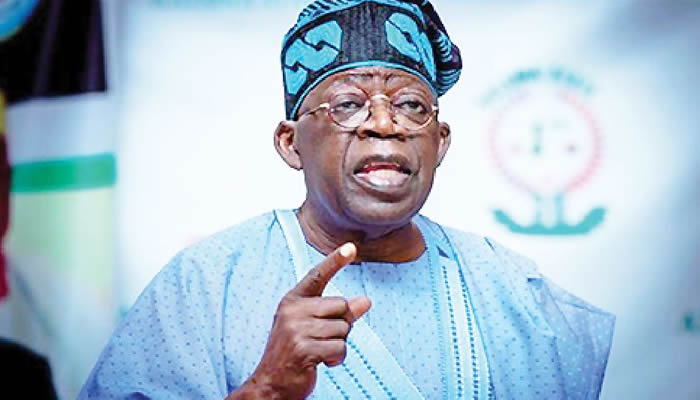By Peter Omopo
Abuja, July 10, 2025 — The Presidency has faulted the United States government over its recent visa restrictions on Nigerian citizens, rejecting Washington’s claims that the policy change was driven by a lack of reciprocity from Nigeria.
In a statement issued Thursday by the Special Adviser to the President on Information and Strategy, Bayo Onanuga, the Presidency described as “misleading” and “inaccurate” the justification given by the U.S. government, while reaffirming Nigeria’s continued commitment to a reciprocal five-year, multiple-entry visa policy for U.S. nationals.
“We want to reiterate that the U.S. government’s claim of reciprocity as the reason for its current visa policy towards Nigeria does not accurately reflect the actual situation,” the statement read.
It further described reports suggesting that President Bola Tinubu ordered the cancellation of the five-year visa regime for Americans as “misinformation and fake news.”
The clarification followed mounting public concern after the U.S. Department of State announced a revision of its visa policy for Nigerians. Effective from July 8, 2025, the U.S. government reduced the validity of most non-immigrant visas for Nigerian citizens—including B1/B2 (business and tourist), F (student), and J (exchange visitor) categories—to just three months with single-entry limits. Previously, Nigerian applicants were eligible for two- to five-year multiple-entry visas.
While the U.S. Embassy in Abuja said the move aligns with its global visa reciprocity policy, the Nigerian government has pushed back, asserting that U.S. citizens still enjoy extended visa privileges in Nigeria under existing bilateral agreements.
“Nigeria continues to issue five-year non-immigrant visas to U.S. citizens as stipulated by reciprocal arrangements,” Onanuga stated, urging the public to disregard contrary claims circulating online.
The Presidency’s response highlights growing diplomatic tensions over the new U.S. policy, which has sparked criticism among Nigerian citizens and stakeholders who see the move as abrupt and unfair.
Despite the changes, existing U.S. visas issued to Nigerians before the July 8 implementation date remain valid until their original expiration.

